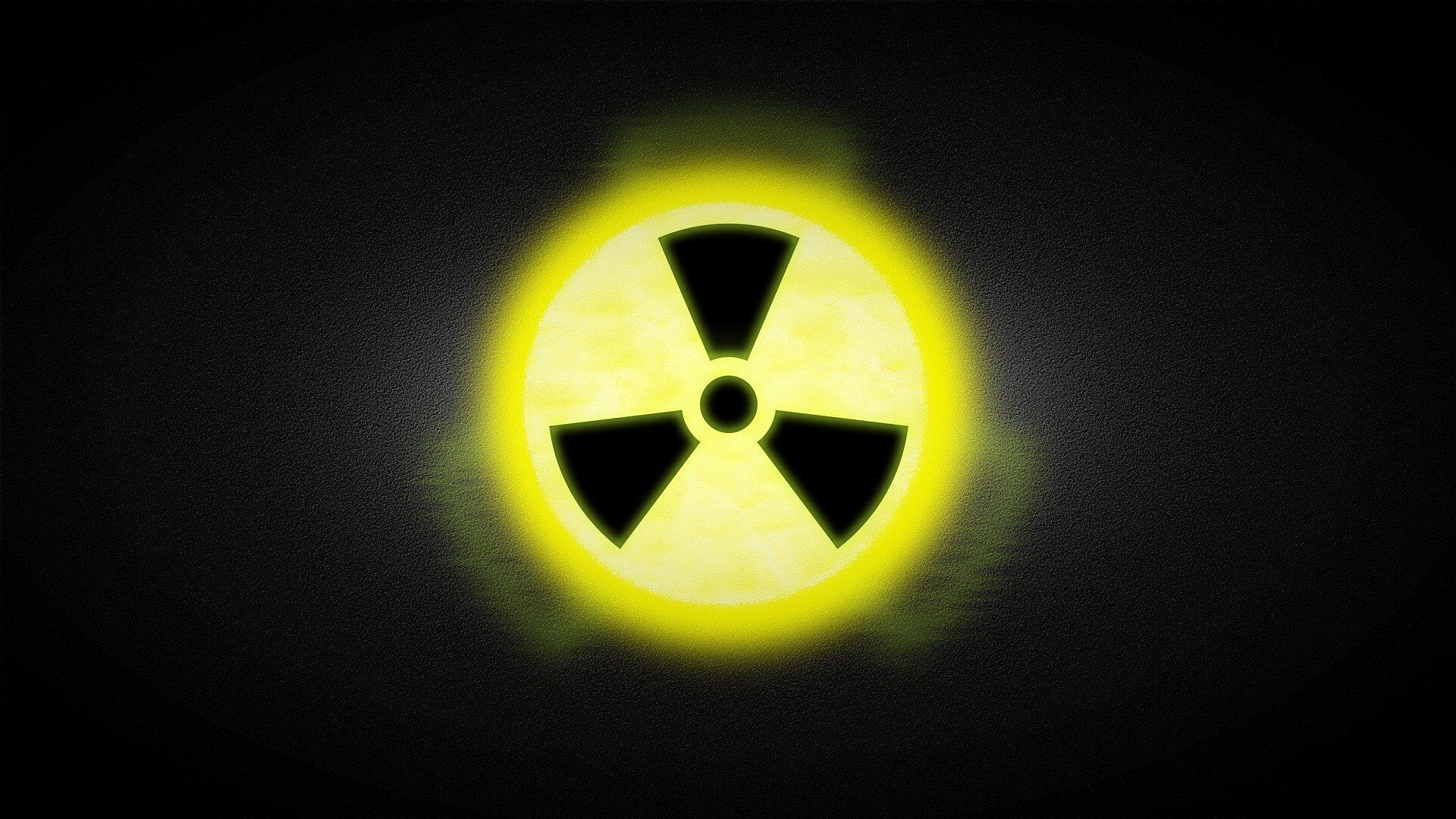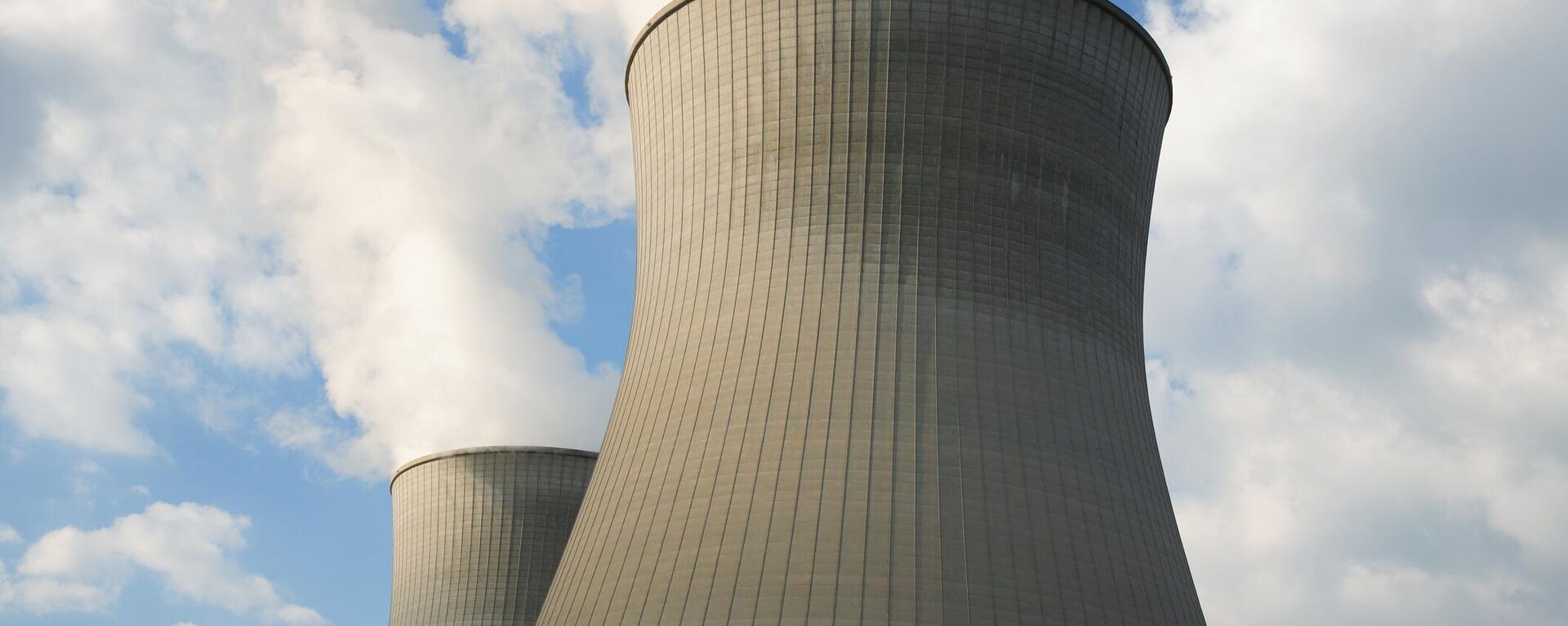https://en.sputniknews.africa/20241228/zimbabwe-reiterates-plans-to-partner-with-russia-and-iaea-to-launch-nuclear-energy-program-1069938739.html
Zimbabwe Reiterates Plans to Partner With Russia and IAEA to Launch Nuclear Energy Program
Zimbabwe Reiterates Plans to Partner With Russia and IAEA to Launch Nuclear Energy Program
Sputnik Africa
Zimbabwe faces severe energy shortages due to outdated infrastructure, low daily power generation (around half of its 2,600 MW capacity), and frequent droughts... 28.12.2024, Sputnik Africa
2024-12-28T18:07+0100
2024-12-28T18:07+0100
2024-12-28T18:07+0100
sub-saharan africa
zimbabwe
russia
international atomic energy agency (iaea)
nuclear energy
nuclear power plant (npp)
renewable energy
southern africa
https://cdn1.img.sputniknews.africa/img/104034/88/1040348887_0:0:1920:1080_1920x0_80_0_0_a6ebc30e597160cdb3b3f77b001be628.jpg
Zimbabwe is set to collaborate with the International Atomic Energy Agency and Russian investors to develop nuclear energy as part of its efforts to tackle chronic power shortages, government officials announced on Thursday, according to local media reports.The country aims to establish small modular reactors, a modern and scalable approach to nuclear power, which it hopes will significantly enhance its energy capacity.Zimbabwe has set a target of achieving 4,000 megawatts of power capacity by 2035, a dramatic increase from its current capacity of around 2,600 megawatts. Due to operational challenges, the country’s daily power generation often falls to nearly half that amount, leading to power outages that can last up to 18 hours, reports noted.In addition to its nuclear aspirations, Zimbabwe plans to expand its use of renewable energy to complement its existing hydropower systems, which are vulnerable to frequent droughts. Gloria Magombo, the Secretary for Energy and Power Development, revealed that the government aims to generate 2,000 megawatts from solar, wind, and mini-hydro stations by 2030.
https://en.sputniknews.africa/20241221/zimbabwe-seeks-russian-collaboration-for-nuclear-power-development-energy-minister-says-1069830814.html
zimbabwe
russia
southern africa
Sputnik Africa
feedback@sputniknews.com
+74956456601
MIA „Rossiya Segodnya“
2024
Christina Glazkova
https://cdn1.img.sputniknews.africa/img/07e7/0b/07/1063380906_0:0:673:674_100x100_80_0_0_79628b4d0cd9f29291a57aa13bbf9e7a.jpg
Christina Glazkova
https://cdn1.img.sputniknews.africa/img/07e7/0b/07/1063380906_0:0:673:674_100x100_80_0_0_79628b4d0cd9f29291a57aa13bbf9e7a.jpg
News
en_EN
Sputnik Africa
feedback@sputniknews.com
+74956456601
MIA „Rossiya Segodnya“
Sputnik Africa
feedback@sputniknews.com
+74956456601
MIA „Rossiya Segodnya“
Christina Glazkova
https://cdn1.img.sputniknews.africa/img/07e7/0b/07/1063380906_0:0:673:674_100x100_80_0_0_79628b4d0cd9f29291a57aa13bbf9e7a.jpg
zimbabwe, russia, international atomic energy agency (iaea), nuclear energy, nuclear power plant (npp), renewable energy , southern africa
zimbabwe, russia, international atomic energy agency (iaea), nuclear energy, nuclear power plant (npp), renewable energy , southern africa
Zimbabwe Reiterates Plans to Partner With Russia and IAEA to Launch Nuclear Energy Program
Christina Glazkova
Writer / Editor
Zimbabwe faces severe energy shortages due to outdated infrastructure, low daily power generation (around half of its 2,600 MW capacity), and frequent droughts affecting hydropower, leading to blackouts lasting up to 18 hours.
Zimbabwe is set to collaborate with the International Atomic Energy Agency and Russian investors to develop nuclear energy as part of its efforts to tackle chronic power shortages, government officials announced on Thursday, according to local media reports.
The country aims to establish small modular reactors, a modern and scalable approach to nuclear power, which it hopes will significantly enhance its
energy capacity.
“They have indicated their willingness to take us through paces until we get there,” reportedly said Edgar Moyo, Minister of Energy and Power Development, during a media briefing.
Zimbabwe has set a target of achieving 4,000 megawatts of power capacity by 2035, a dramatic increase from its current capacity of around 2,600 megawatts. Due to operational challenges, the country’s daily power generation often falls to nearly half that amount, leading to power outages that can last up to 18 hours, reports noted.
In addition to its nuclear aspirations, Zimbabwe plans to expand its use of
renewable energy to complement its existing hydropower systems, which are vulnerable to frequent droughts. Gloria Magombo, the Secretary for Energy and Power Development, revealed that the government aims to generate
2,000 megawatts from solar, wind, and mini-hydro stations by 2030.


